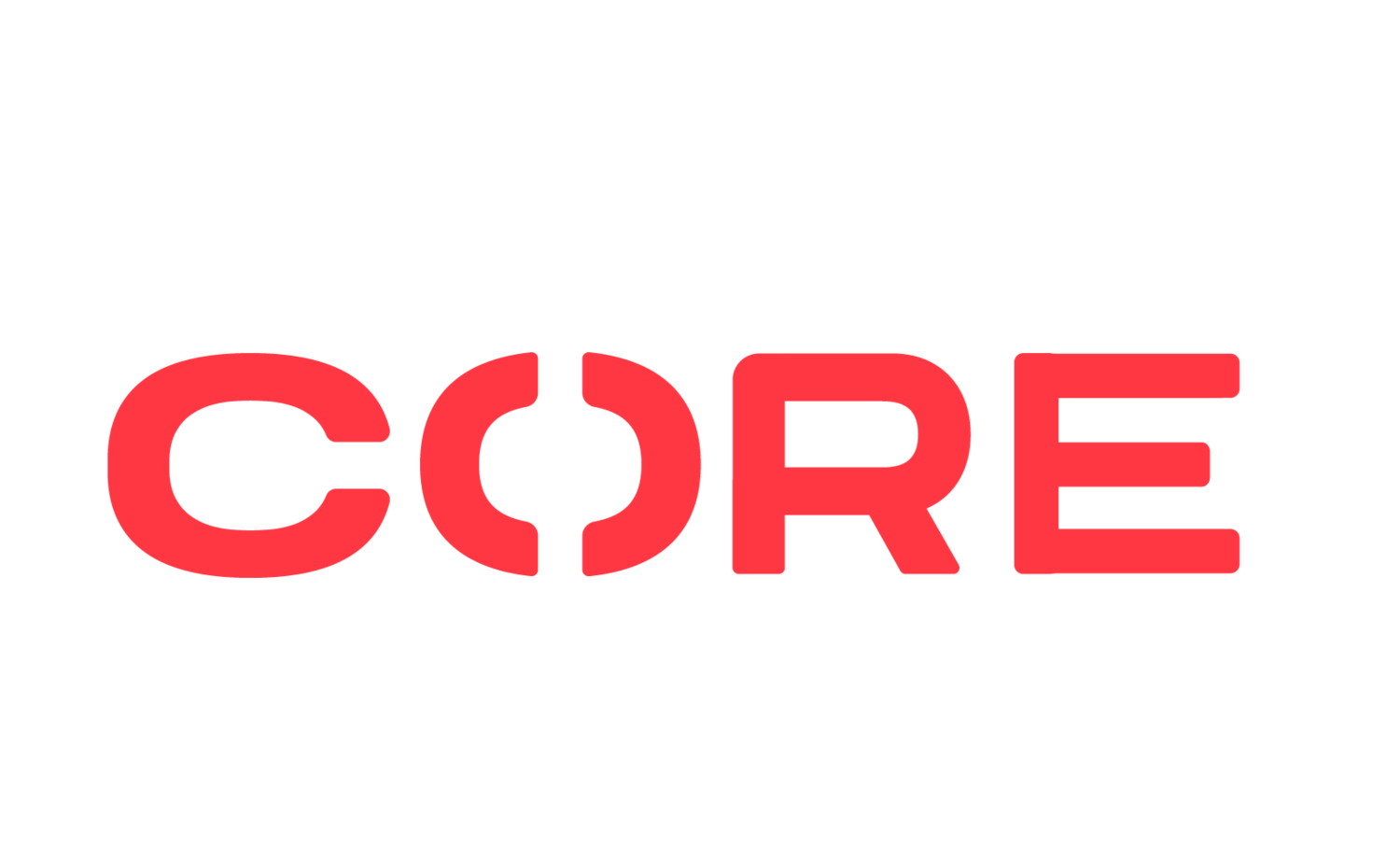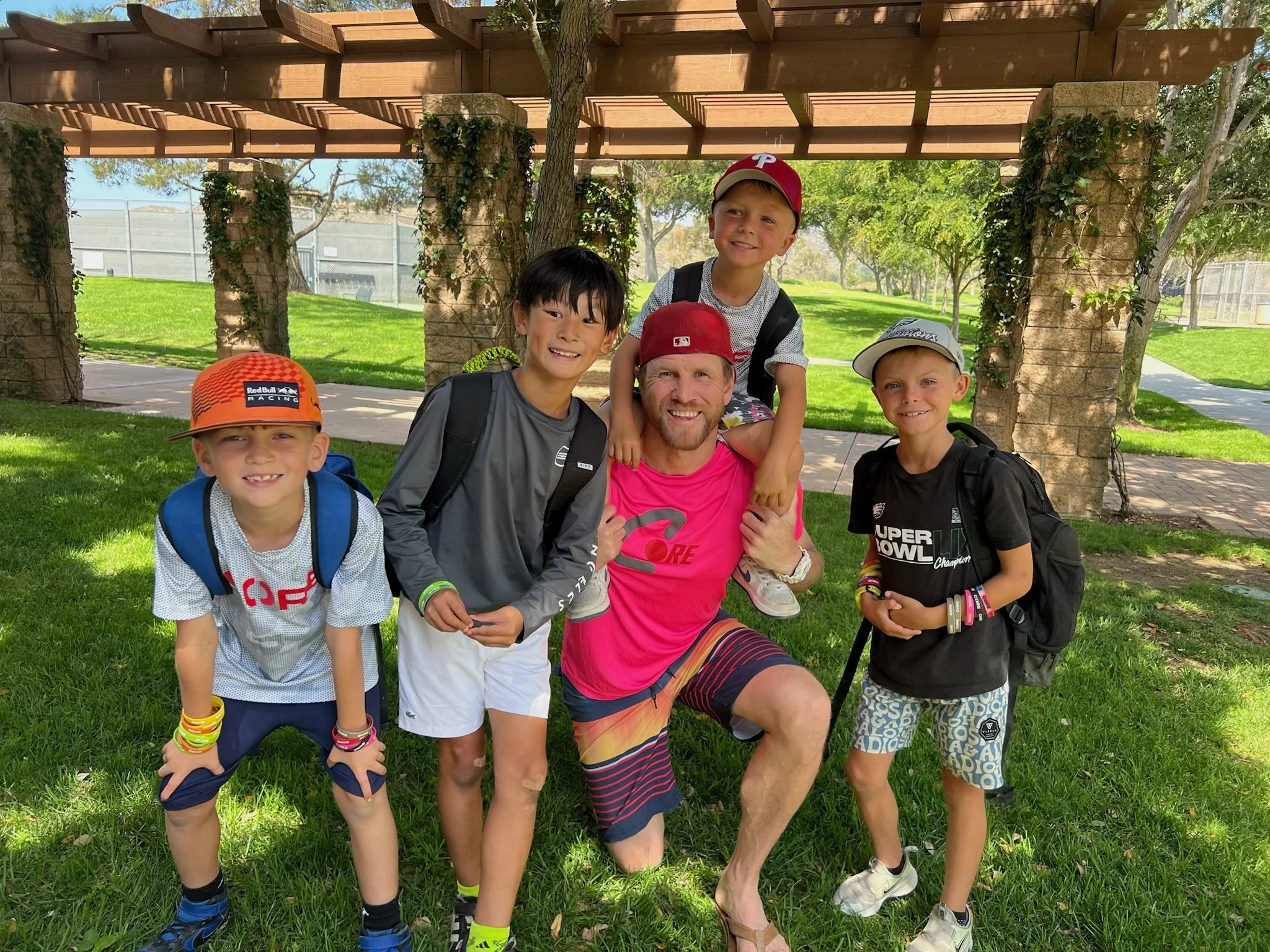In the world of athletics, the spotlight often falls on strength, speed, and skill. But beneath the surface of every great athlete is a strong foundation of emotional intelligence, teamwork, and character. Social and Emotional Learning (SEL) isn’t just a classroom initiative—it’s a vital part of shaping resilient, responsible, and respectful athletes. And sports are one of the most powerful platforms for SEL to take root and thrive.
What Is Social and Emotional Learning?
Social and Emotional Learning is the process through which individuals develop self-awareness, self-control, interpersonal skills, and responsible decision-making. These competencies—recognized by frameworks like CASEL, the certification all CORE Coaches are required to obtain, are essential not only for success in school or work, but in life.
When applied intentionally in athletics, SEL helps young athletes navigate competition with compassion, handle setbacks with grace, and build lasting connections with teammates, coaches, and themselves.
Why Athletics Is the Ideal Arena for SEL
Athletics is naturally infused with life lessons: perseverance, leadership, emotional regulation, empathy, and accountability. Every missed shot, team huddle, post-game handshake, and moment on the bench offers a chance to model and reinforce SEL skills. Coaches have the rare opportunity to be both mentors and emotional educators, shaping how players respond under pressure and relate to others.
Athletics creates scenarios where emotions run high and character is tested—making it a real-world laboratory for social and emotional development.
5 Core SEL Competencies in Athletics
1. Self-Awareness:
Athletes learn to recognize their emotions, strengths, and triggers. Through mindfulness, reflection, and feedback, they understand how their internal state affects performance and relationships.
2. Self-Management:
Practices like breathwork before a free throw or visualization before a race help athletes manage anxiety, maintain focus, and bounce back from mistakes.
3. Social Awareness:
Team sports nurture empathy and cultural awareness. Players begin to see beyond themselves, appreciating diverse perspectives and learning to support teammates on and off the field.
4. Relationship Skills:
Communication, conflict resolution, and collaboration are constant in athletic settings. Teammates must learn to trust, encourage, and hold each other accountable.
5. Responsible Decision-Making:
From choosing to pass the ball instead of forcing a shot to speaking up when someone is being mistreated, athletes make dozens of ethical decisions daily. Athletics becomes a rehearsal space for integrity.
How Coaches Can Integrate SEL into Sports
Model It: Coaches who regulate their emotions, show empathy, and communicate clearly become living examples of SEL.
Use Reflection: Asking players to debrief after a game or practice—“How did that make you feel?” or “What did you learn about yourself today?”—builds emotional literacy.
Recognize Effort Over Outcome: Celebrating grit, growth, and teamwork reinforces SEL more than focusing solely on wins.
Create Routines: Begin practices with a check-in circle or mindfulness moment. End with gratitude sharing or personal highlights.
Address Behavior with Curiosity: Instead of punishment, use missteps as teachable moments. “What was going on for you when that happened?” opens the door to self-awareness and growth.
The Long-Term Impact
Athletes trained in social and emotional intelligence go on to become not only better teammates, but better leaders, employees, parents, and community members. They’re more equipped to handle pressure, navigate challenges, and build inclusive environments—on and off the field.
In a time when youth face growing mental health challenges and social division, athletics can be a beacon of holistic growth. By weaving SEL into sports, we don’t just build better athletes—we build better humans.
Closing Thoughts: Championships fade. Records break. But the inner game of emotional resilience, empathy, and ethical leadership? That lasts a lifetime. Let’s coach with that in mind.
By Jenna Cassidy, Head of Marketing and Health & Wellness Coach

